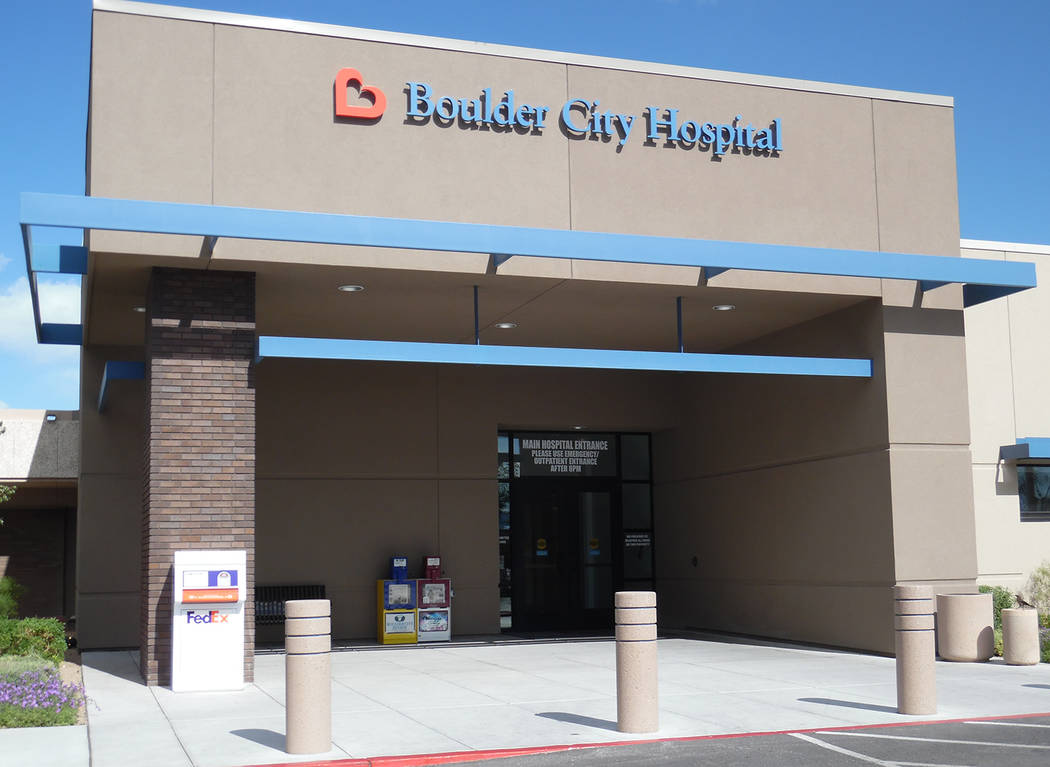Mental well-being as important as good physical health
Mental health plays an important role in your well-being. An estimated 19.6 percent of Americans 18 and older — about 1 in 5 adults — will experience a mental health problem this year.
Mental health includes our emotional, psychological and social well-being. It affects how we think, feel and act. Mental health is important at every stage of life.
Over the course of your life, you may experience mental health problems. Your thinking, mood and behavior could be affected. Many factors contribute to mental health problems, such as life experiences, biological factors and family history of mental health problems.
People can experience different types of mental health problems. Some can occur for a short time, and some occur over an ongoing period. Just as other health conditions, these are real and diagnosable conditions that affect and are affected by functioning of the brain, an organ just like the kidney, liver or heart. Mental health problems can affect your thinking, mood and behavior.
Common types include:
■ Anxiety disorders: People with anxiety disorders respond to certain objects or situations with fear and dread. Anxiety disorders can include obsessive-compulsive disorder, panic disorders, phobias and post-traumatic stress disorder.
■ Attention deficit hyperactivity disorder: ADHD is one of the most common childhood disorders and can continue through adolescence and adulthood. Symptoms include difficulty staying focused and paying attention, difficulty controlling behavior and hyperactivity.
■ Eating disorders: Eating disorders involve extreme emotions, attitudes and behaviors involving weight and food. Eating disorders can include anorexia, bulimia and binge eating.
■ Co-occurring mental and substance use disorders: Mental illnesses and substance use disorders often occur together. Sometimes one disorder can be a factor in or can exacerbate the other. Sometimes they simply occur at the same time.
■ Mood disorders: These involve persistent feelings of sadness or periods of feeling overly happy, or fluctuating between extreme happiness and extreme sadness. Mood disorders can include depression, bipolar disorder, seasonal affective disorder and compulsion to self-harm.
■ Personality disorders: People with these disorders have extreme and inflexible personality traits that are distressing to the person and/or cause problems in work, school or social relationships. Personality disorders can include antisocial personality disorder and borderline personality disorder.
■ Psychotic disorders: People with psychotic disorders hear, see and believe things that aren’t real or true. An example of a psychotic disorder is schizophrenia.
■ Substance use disorders: Substance use disorders involve dependence on or abuse of alcohol and/or other drugs, including the nonmedical use of prescription drugs.
■ Suicidal behavior: Suicide causes immeasurable pain, suffering and loss to individuals, families and communities nationwide. Millions of people consider, plan or attempt suicide each year; many die.
Most people who experience mental illnesses will improve if they receive appropriate supports, services and treatment. The first step to getting the right treatment is to see a health care professional and review one’s symptoms and life circumstances. Treatment options are tailored to each specific person and condition; however, the most common forms of treatment include:
■ Psychotherapy, or “talk therapy” (sometimes called counseling), which teaches people strategies and gives them tools to deal with stress and uncomfortable thoughts and behaviors. Psychotherapy helps people manage their symptoms better and function at their best in everyday life.
■ Cognitive behavioral therapy, which helps people learn how to identify unhelpful thinking patterns, recognize and change inaccurate beliefs, relate to others in more positive ways, and change behaviors accordingly.
■ Medications are used to treat the symptoms of many mental disorders such as schizophrenia, depression, bipolar disorder (sometimes called manic-depressive illness), anxiety disorders and attention deficit hyperactivity disorder. Medications can also be used to manage the cravings and relapse associated with certain kinds of addictions. Sometimes medications are used with other treatments such as psychotherapy or counseling.
■ Rehabilitative services include recovery-focused activities or treatment/therapeutic interventions such as assistance in improving or restoring daily living skills, social and leisure skills, grooming and personal hygiene skills, and meal preparation skills; other support resources; and/or medication education.
Studies show that most people with mental health problems get better, and many recover completely. Recovery is defined as a process of change through which individuals improve their health and wellness, live a self-directed life, and strive to reach their full potential.
Taking care of one’s mental health is just as important as taking care of one’s physical health. Overall health includes a well-balanced and nutritious diet, regular exercise, stress management, early and ongoing mental health services when needed, and taking time to relax and enjoy family and friends.
To Your Health is provided by the staff of Boulder City Hospital. For more information, call 702-293-4111, ext. 576, or visit bouldercityhospital.org.
















